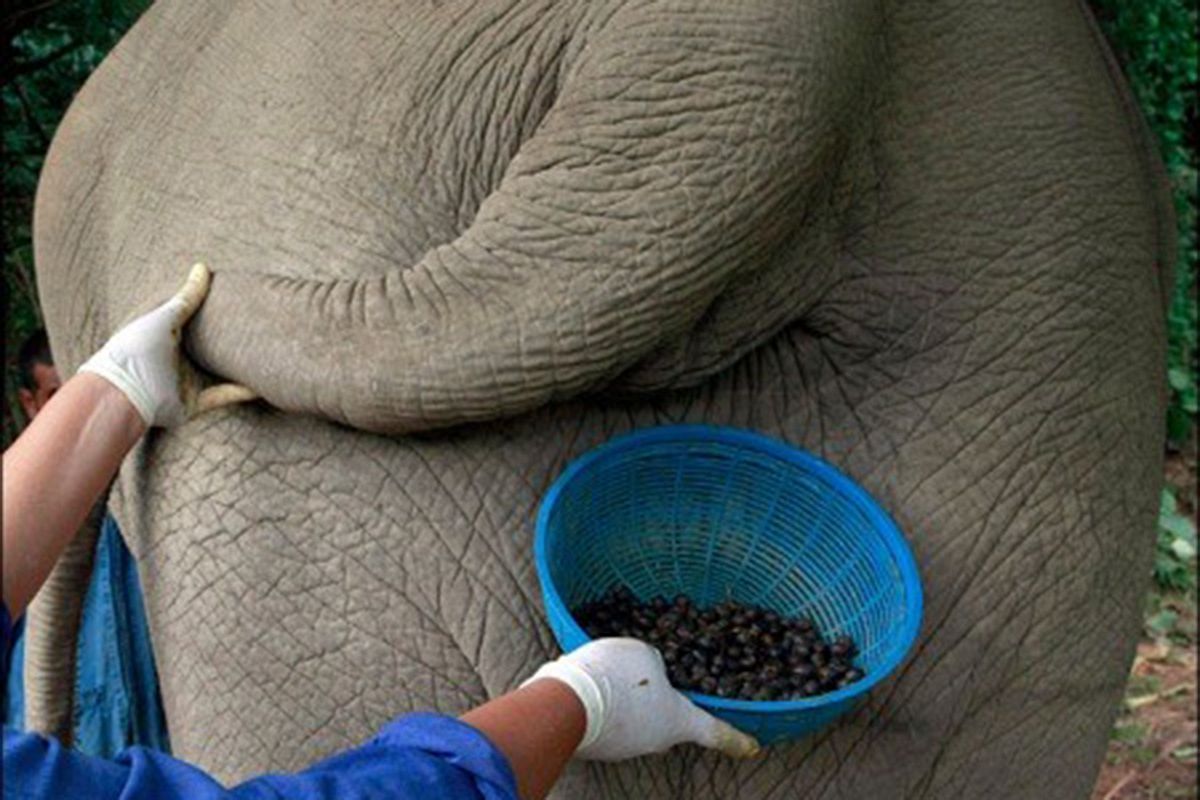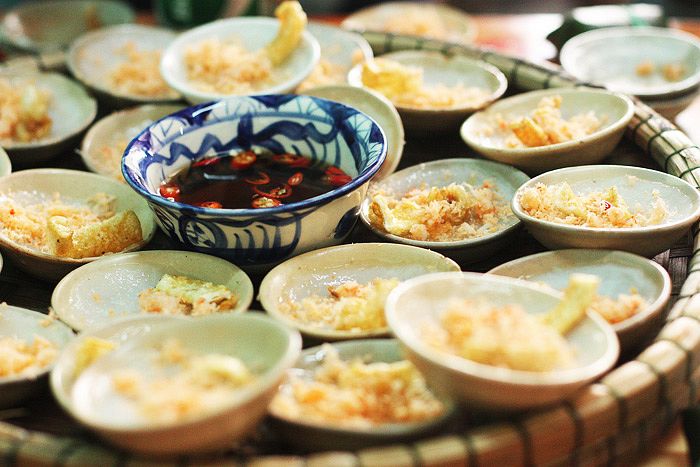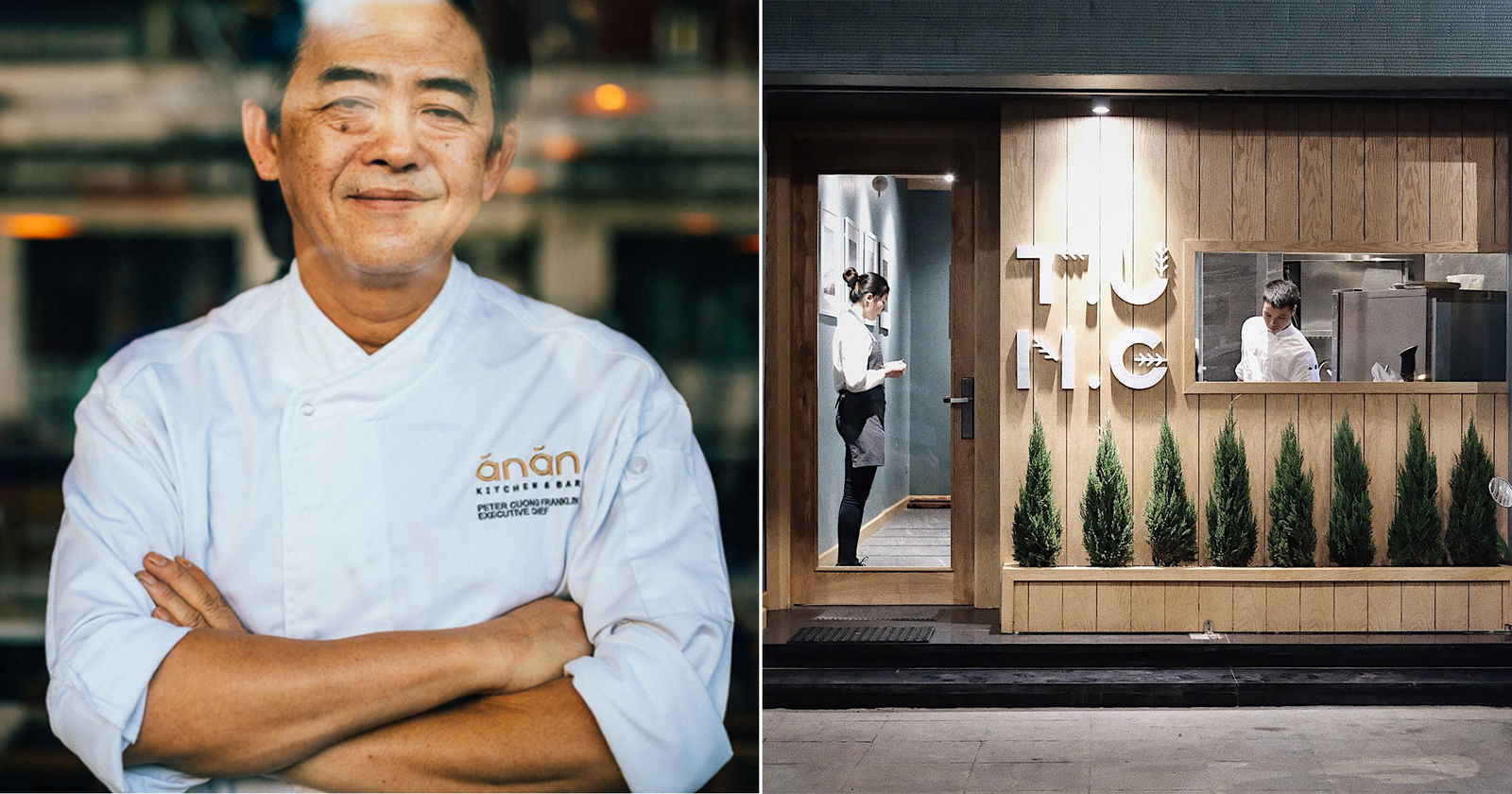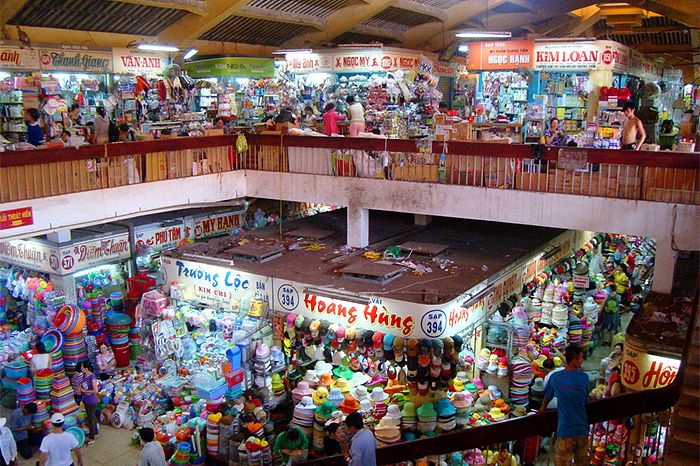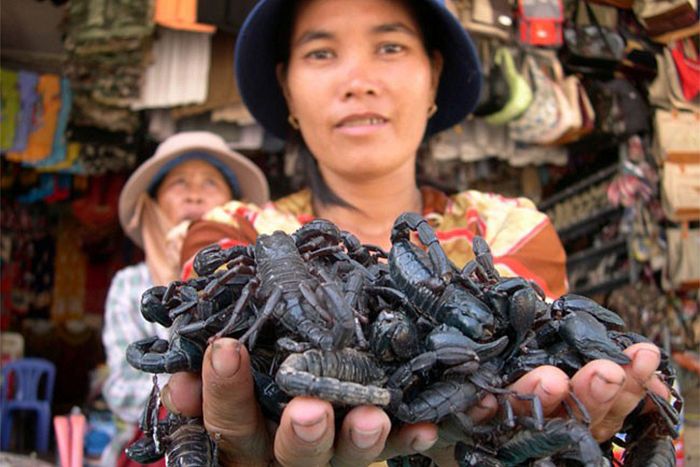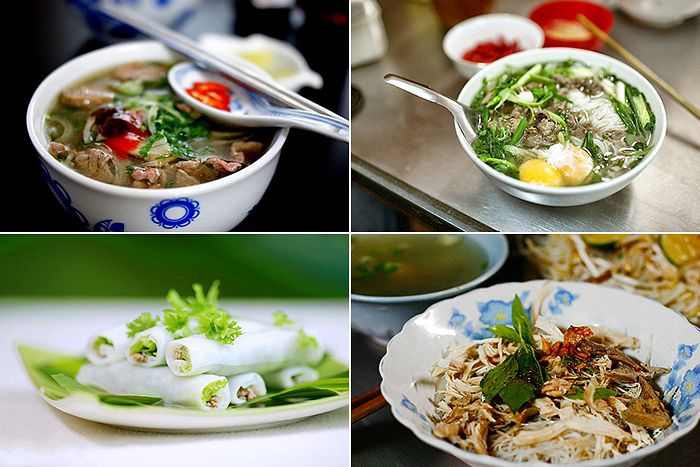What happens when you put together amazing food, great wines, excellent customer service and a fantastic host? Well the answer is that you feel in heaven, and that was how most, if not all, of us felt when we attended the Australia wine dinner organised by the Wine Warehouse and Yalumba, and hosted at Lubu in District 2.
Yalumba, and its sister company Negociants, have been present in Vietnam for over 12 years, and you can find their great wines at the Wine Warehouse. Yalumba is another of those iconic family-owned wineries, which focuses on making quality wines while keeping them affordable.
5 generations have run this winery with 165 years of history it, and although it had humble beginnings, it has become one of the best estates with international reputation.
Yalumba has different vineyards which they have selected for their micro climates and specific characteristics, allowing them to make different, while great wines. Barossa, Clare Valley, Riveland or even Tasmania, are just a few of the areas where Yalumba grow wine grapes. They even have some vineyards in New Zealand, Yalumba being the first Australian family to invest in Marlborough.
This innovative winery even makes its own barrels and owns its own wine nursery, giving them the ability to decide what they do and excel at it, from the vines to the wood used in the barrels, which is rather unique.
They also experiment with new grapes and new blends, and in fact they were the first to commercialise Australian viognier, including a 100% organic viognier wine.
When interviewing Tim Herrmann from Yalumba, he was clear that Yalumba is all about quality and having strong relationships: they bottle on site and tightly control the distribution around the world ensuring that each bottle is sold in proper conditions.
With 1,400 hectares of vineyards, Yalumba continues to grow by buying small vineyards and making partnerships with small growers, and they currently have over 40 different wines under the Yalumba label alone.
With over 165 years of history making wine, Yalumba enjoys challenges as well as trying new things, while experimenting with grapes, soil types, and even oak. They look for wines which over deliver, to be enjoyed on their own, but that are also adaptable with food. They craft from ready to drink wines like the Strapper, to the more complex which are designed to be cellared for 20 or 30 years. Yalumba the Signature is a good example of the latter, a blend of cabernet sauvignon and syrah from Barossa, probably the best blend of the winery which is only made when the quality of the grapes is excellent, this wine has been made since 1962, and each year is dedicated to a different employee, this wine has 20 months of oak in barrels made by the winery.
The wine dinner started with a reception with beautiful canapés and Jansz sparkling wine, both of them nice and delicious and a great wine to start a memorable evening. Jansz is a fresh and crispy sparkling wine, bringing a lemon zest to both the nose and palate, with some hints of honey and straw. Soft acidity well balanced and beautiful tiny bubbles, make this sparkling wine an ideal aperitif, also well paired with smoked salmon, boquerones and salads.
With close to 50 guests from all over the world, the dinner continued with five more dishes, perfectly designed and prepared by chef Kylie, and six more gorgeous wines paired by Jim Cawood from Lubu in coordination with Yalumba and the Wine Warehouse.
Beetroot cured salmon, Galician style octopus and even morcilla were some of the delicacies served for dinner, and although I will soon be reviewing all the wines at wineinvietnam.com two of my favourite were Jim Barry McRae Wood Shiraz 2010 and the Yalumba ‘Patchwork’ Shiraz 2010, both incredibly delicious complex wines.
Yet another amazing evening for food and wine lovers, thanks to the Wine Warehouse, Lubu, and Yalumba.
Alfredo de la Casa is a wine expert who runs the blog wineinvietnam. In order to increase awareness about wines available in Vietnam, Alfredo periodically stops by to profile some of his favorites, their origins and why you should consider picking up a bottle.


